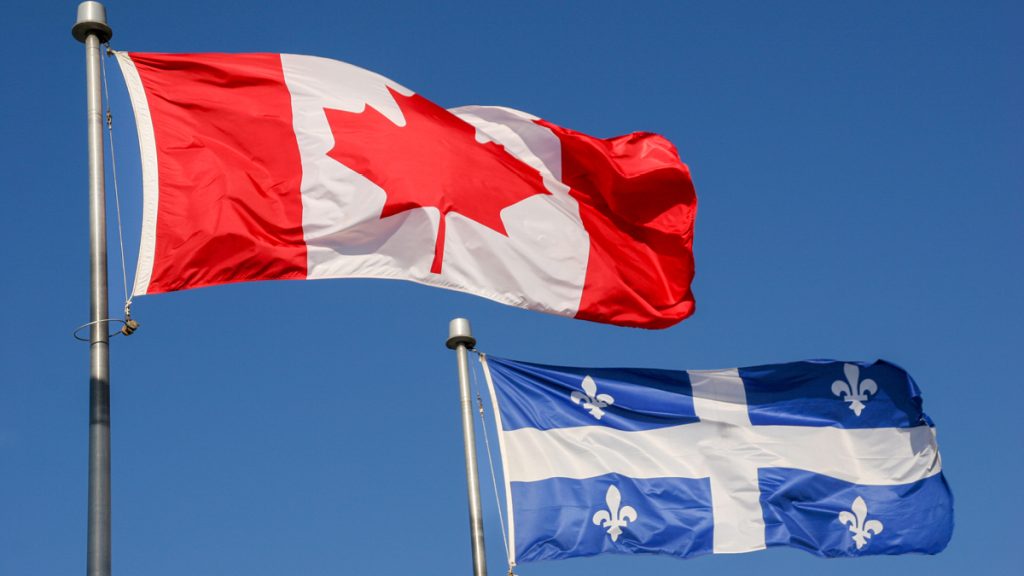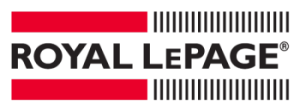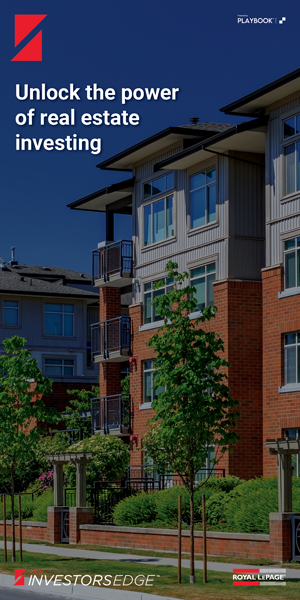
On April 28th, Canadians will head to the polls to elect a new federal government. And, for many Quebecers, one thing is clear: the housing crisis cannot wait any longer. Against the backdrop of a trade war with the United States, which is fuelling economic uncertainty and putting pressure on the cost of living, housing has emerged as a major election issue.
Housing is the top priority for nearly one in ten Quebecers and among the five key issues for more than half of voters
According to a recent Royal LePage® survey, conducted by Burson,1 the economy and cost of living tops the list of priorities for Quebec voters ahead of the April 28th federal election, with 86% of respondents identifying this issue as their number one priority. This was followed by health care (72%), housing (55%), government spending and taxes (51%), international trade (38%) and immigration (34%). These results are in line with trends observed nationally. Respondents could select more than one answer.
Furthermore, nearly half of adults in the province of Quebec (49%) say that a party’s or candidate’s position on housing policy will influence their vote. An almost equal proportion (46%) believe that it will not change their decision.
It is worth noting that nearly one in ten Quebecers (9%) consider housing to be the most important issue in their voting decision.
Economy and cost of living the key issue in this election
As in the rest of the country, Quebecers continue to rank the economy and the cost of living at the top of their list of concerns (34%), reflecting the current climate of economic instability and trade tensions.
“It’s not surprising to see Canadians united in this election on the issues they want federal parties to prioritize,” said Dominic St-Pierre, senior vice-president, business development, Royal LePage. “As the country is forced to stand up for its economic independence in almost every industry in response to U.S. tariffs, Quebecers also want to elect a government that will be skilled and assertive in dealing with our southern neighbour. We are also pleased to see that Quebec voters view housing as an important issue in their voting intentions. Housing is a fundamental need, and it is imperative that the next government commit to acting quickly to increase housing supply in the province and across the country.”
Marked regional differences
Interestingly, the propensity to vote based on a party’s position on housing policy varies greatly from region to region. In Quebec City, only 39% of voters say this issue will influence their vote. In Montreal, 52% say it will be a deciding factor. The Ottawa-Gatineau region is where this issue weighs most heavily, with an impressive 67% of respondents saying they are influenced by it. This result may seem contradictory, especially in a market like Quebec City, where prices have recorded exceptional growth of late. According to Royal LePage’s Q1 2025 House Price Survey and Market Forecast, Quebec City has recorded the highest aggregate price appreciation among major markets in the country for the past four quarters.
What the major parties are proposing on housing
If access to housing is important to you, here is a summary of the major federal parties’ election platforms on this issue:
The Liberal Party says it plans to double the pace of residential construction over the next decade as part of its long-term strategy to address the housing crisis. This would be achieved by providing low-cost financing options to developers focused on building affordable housing, encouraging the use of a prefabrication Housing Design Catalogue to speed up construction timelines and reduce costs, and eliminating the GST for first-time homebuyers on properties valued up to $1 million.
The Conservative Party wants to build 2.3 million homes over the next five years, which will be achieved by cutting development taxes and incentivizing municipalities to build more homes. A key part of their plan is to convert at least 15 per cent of federal buildings into residential units, repurposing underused government properties to ease housing shortages. The Conservatives also plan to defer the capital gains tax for individuals who reinvest profits into Canadian businesses, and eliminate the GST on all new rental housing and home sales priced up to $1.3 million.
The New Democratic Party (NDP) aims to double Canada’s current rate of homebuilding with a focus on public investment. The party plans to offer first-time homebuyers long-term, low-interest, government-backed mortgages in an effort to lower the barrier to entry. Additionally, the NDP is calling for a ban on corporate purchases of affordable rental housing, arguing that such acquisitions often lead to rent increases and displacement, and instead wants to ensure housing remains accessible to low- and middle-income Canadians.
The Bloc Québécois supports the unconditional transfer of federal housing funds to the province of Quebec. The party wants to crack down on real estate flipping, offer direct federal financial assistance for first-time buyers’ down payments, eliminate the GST on certain professional services related to a home purchase, and support housing initiatives for students and seniors. The party is also calling for increased federal funding to address homelessness.
The Green Party says it will implement stricter regulations to prevent corporate exploitation of the housing market, such as stopping corporations from buying single-family homes and eliminating tax advantages for Real Estate Investment Trusts (REITs). The party also pledges to launch the largest public housing construction program since the 1970s, using Canadian materials and labour, and ensuring publicly-funded homes remain permanently affordable.
You can read about each major political party’s full election platform here: Liberal Party, Conservative Party, New Democratic Party, Bloc Québécois, Green Party.
Canadians head to the polls on Monday, April 28th. To learn more about how and where to vote, visit elections.ca.
1Burson used the Leger Opinion online panel to survey 2,417 Canadians, aged 18+ between April 2, 2025 and April 9, 2025. No margin of error can be associated with a non-probability sample (i.e., a web panel in this case). For comparative purposes, a probability sample of 2,417 respondents would have a margin of error of ±2%, 19 times out of 20.








